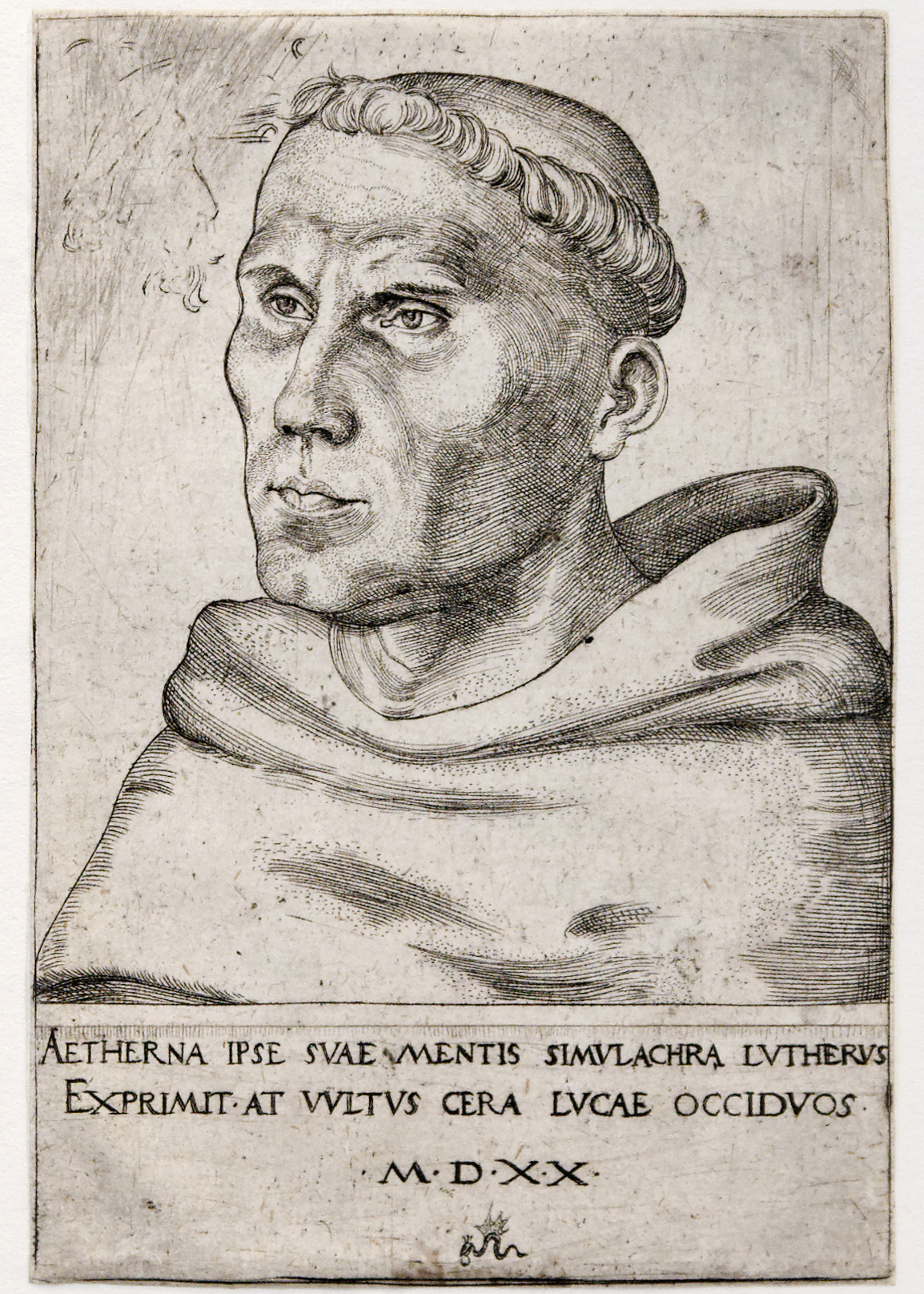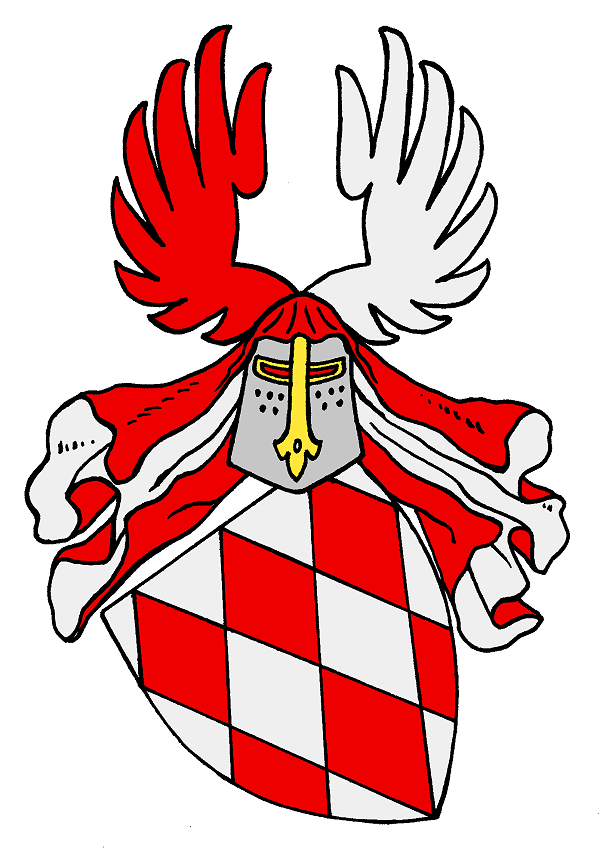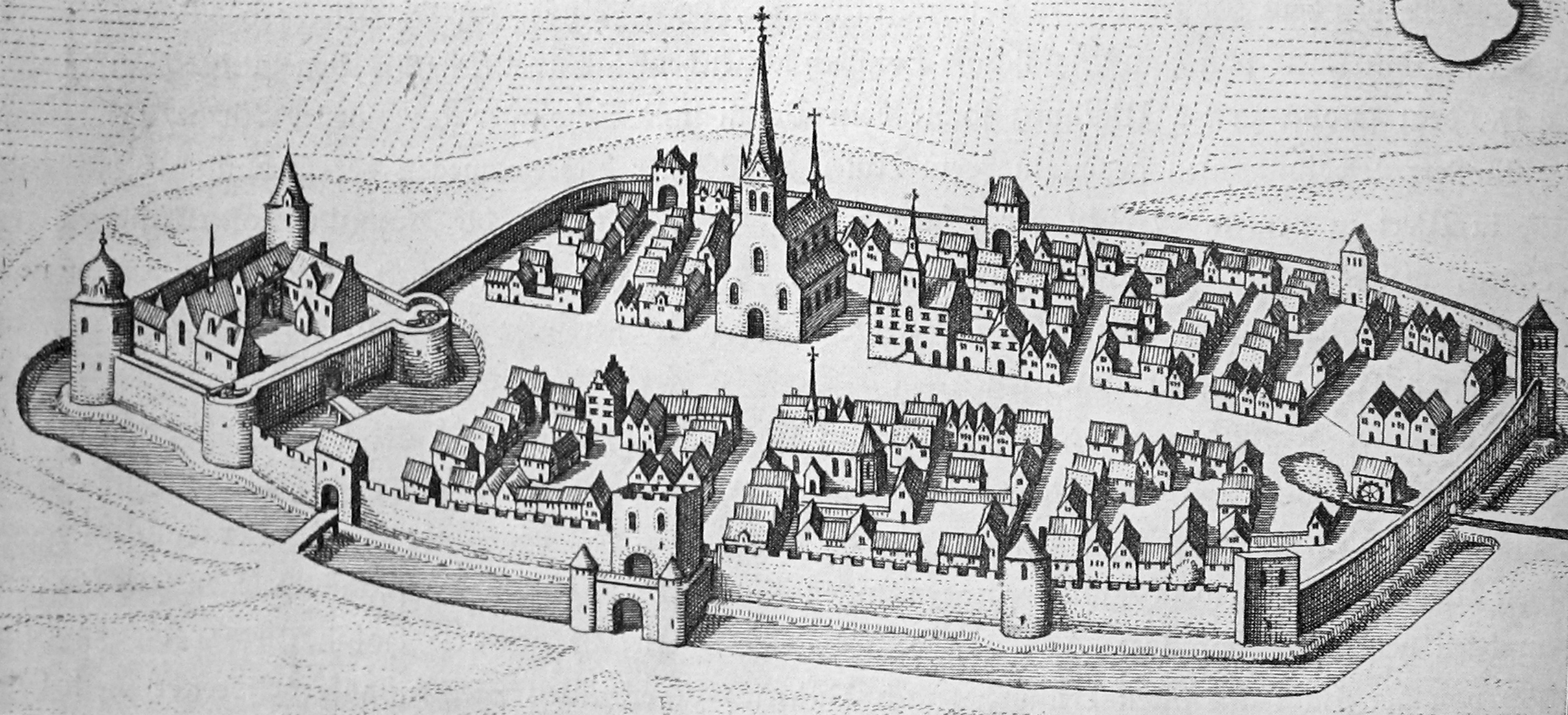|
Eisleben
Eisleben is a town in Saxony-Anhalt, Germany. It is famous as both the hometown of the influential theologian Martin Luther and the place where he died; hence, its official name is Lutherstadt Eisleben. First mentioned in the late 10th century, Eisleben is divided into the old town of Altstadt, and new town of Neustadt. Neustadt was created for Eisleben's miners in the 14th century. As of 2020, Eisleben had a population of 22,668. It lies on the Halle–Kassel railway. History Eisleben was first mentioned in 997 as a market called Islebia, and in 1180 as a town. The counts of Mansfeld governed the area until the 18th century. During the Protestant Reformation, Count Hoyer VI of Mansfeld-Vorderort (1477–1540) remained loyal to his Catholic faith, but the family's Mittelort and Hinterort branches sided with Martin Luther. The German Peasants' War devastated the area, about a century before the Thirty Years War. Count Albert VII of Mansfeld-Hinterort (1480–1560) signed th ... [...More Info...] [...Related Items...] OR: [Wikipedia] [Google] [Baidu] |
House Of Mansfeld
The House of Mansfeld was a German Prince, German princely house, which took its name from the town of Mansfeld in the present-day state of Saxony-Anhalt. Mansfelds were archbishops, generals, supporters as well as opponents of Martin Luther, and Habsburg monarchy, Habsburg administrators. History Upon the revolt instigated by the House of Wettin, Wettin margrave Dedi I, Margrave of the Saxon Ostmark, Dedi I in 1069, Emperor Henry IV, Holy Roman Emperor, Henry IV appointed the loyal House of Mansfeld counts (''Grafen'') in the Saxon Hassegau at Eisleben. The family progenitor, Count Hoyer I of Mansfeld, also known as Hoyer the Great, was a field marshal in the service of Emperor Henry V, Holy Roman Emperor, Henry V. He was killed at the Battle of Welfesholz on 11 February 1115, fighting the rebellious Saxon forces under Count Lothair III, Holy Roman Emperor, Lothair of Supplinburg. The Mansfelds held extended fiefs both in the Archbishopric of Magdeburg and the Bishopric of Halbe ... [...More Info...] [...Related Items...] OR: [Wikipedia] [Google] [Baidu] |
Agnes Von Mansfeld-Eisleben
Agnes von Mansfeld-Eisleben (1551–1637) was Countess of Mansfeld and the daughter of Johann (Hans) Georg I, of Mansfeld Eisleben. She converted Gebhard Truchsess von Waldburg, Gebhard, Seneschal of Waldburg, the Prince-Elector of Electorate of Cologne and archbishop of the Diocese of Cologne to the Protestant faith, leading to the Cologne War (1583–1588). After a multi-year odyssey in which she and her husband sought refuge in several parts of northern Germany, Gebhard relinquished his claim on the Electorate. They settled in Strassbourg, where he had retained a position in the Cathedral chapter. After his death in 1601, she came under the protection of the Duke of Wūrttemberg, who had himself been chased from his duchy. She died in 1637. Affair Agnes was the daughter of Johann (Hans) Georg I, of Mansfeld Eisleben (1515 – 14 August 1579), and his wife, Katharina of Mansfeld-Hinterort (1521/1525 – 1580/1583). Although born and raised in the town of Mansfeld, in Saxony, ... [...More Info...] [...Related Items...] OR: [Wikipedia] [Google] [Baidu] |
Martin Luther
Martin Luther ( ; ; 10 November 1483 – 18 February 1546) was a German priest, Theology, theologian, author, hymnwriter, professor, and former Order of Saint Augustine, Augustinian friar. Luther was the seminal figure of the Reformation, Protestant Reformation, and his theological beliefs form the basis of Lutheranism. He is widely regarded as one of the most influential figures in Western world, Western and History of Christianity, Christian history. Born in Eisleben, Luther was ordained to the Priesthood in the Catholic Church, priesthood in 1507. He came to reject several teachings and practices of the contemporary Catholic Church, Roman Catholic Church, in particular the view on indulgences and papal authority. Luther initiated an international debate on these in works like his ''Ninety-five Theses'', which he authored in 1517. In 1520, Pope Leo X demanded that Luther renounce all of his writings, and when Luther refused to do so, Excommunication in the Catholic Church, ... [...More Info...] [...Related Items...] OR: [Wikipedia] [Google] [Baidu] |
Cologne War
The Cologne War (, ''Kölnischer Krieg'', '' Truchsessischer Krieg''; 1583–1588) was a conflict between Protestant and Catholic factions that devastated the Electorate of Cologne, a historical ecclesiastical principality of the Holy Roman Empire, within present-day North Rhine-Westphalia, in Germany. The war occurred within the context of the Protestant Reformation in Germany and the subsequent Counter-Reformation, and concurrently with the Dutch Revolt and the French Wars of Religion. Also called the Seneschal's War () or the Seneschal Upheaval () and occasionally the Sewer War, the conflict tested the principle of ecclesiastical reservation, which had been included in the religious Peace of Augsburg (1555). This principle excluded, or "reserved", the ecclesiastical territories of the Holy Roman Empire from the application of '' cuius regio, eius religio'', or "whose rule, his religion", as the primary means of determining the religion of a territory. It stipulated instead ... [...More Info...] [...Related Items...] OR: [Wikipedia] [Google] [Baidu] |
Lutherstadt
A ''Lutherstadt'' ( German for "Luther city", plural ''Lutherstädte'') is a city German protestant reformer Martin Luther visited or played an important role in. Two cities, Lutherstadt Eisleben and Lutherstadt Wittenberg, have "Lutherstadt" in their official names, while Mansfeld-Lutherstadt is the unofficial name of a district in Mansfeld. These three places which were important in Luther's life were awarded the " European Heritage Label". Union of Lutherstädte The Union of Lutherstädte was founded in 1993 on the 125th anniversary of the Luther Monument in Worms, Germany. It is formed by 16 towns where Luther and his teaching played a major role.: * Augsburg: Luther met papal legate Thomas Cajetan in 1518. Two sessions of the Imperial Diet for the Augsburg Confession took place in 1530. The peace of Augsburg was concluded there in 1555. * Coburg: Luther remained there during the negotiations for the Augsburg Confession. * Eisenach: Luther's mother Margarethe, born Lindem ... [...More Info...] [...Related Items...] OR: [Wikipedia] [Google] [Baidu] |
Saxony-Anhalt
Saxony-Anhalt ( ; ) is a States of Germany, state of Germany, bordering the states of Brandenburg, Saxony, Thuringia and Lower Saxony. It covers an area of and has a population of 2.17 million inhabitants, making it the List of German states by area, 8th-largest state in Germany by area and the List of German states by population, 11th-largest by population. Its capital and most populous city is Magdeburg. The state of Saxony-Anhalt was formed in July 1945 after World War II, when the Soviet Military Administration in Germany, Soviet army administration in Allied-occupied Germany formed it from the former Free State of Prussia, Prussian Province of Saxony and the Free State of Anhalt. Saxony-Anhalt became part of the East Germany, German Democratic Republic in 1949, but was dissolved in 1952 during Administrative divisions of East Germany, administrative reforms and its territory was divided into the districts of Halle (Bezirk), Halle and Magdeburg (Bezirk), Magdeburg. Follow ... [...More Info...] [...Related Items...] OR: [Wikipedia] [Google] [Baidu] |
Archbishop Of Cologne
The Archbishop of Cologne governs the Roman Catholic Archdiocese of Cologne in western North Rhine-Westphalia. Historically, the archbishop was ''ex officio'' one of the prince-electors of the Holy Roman Empire and ruled the Electorate of Cologne. Since the early days of the Catholic Church, there have been 94 bishops and archbishops of Cologne. roue of them resigned n response to impeachment. Eight were coadjutor bishops before they took office. Seven were appointed as coadjutors freely by the pope. One moved to the Roman Curia, Curia, where he became a Cardinal (Catholic Church), cardinal. Additionally, six were chairmen of the German Bishops' Conference. Cardinal Rainer Woelki has been Archbishop of Cologne since his 2014 transfer from Roman Catholic Archdiocese of Berlin, Berlin, where he was also cardinal-archbishop. Bishops and archbishops of Cologne Bishops of Colonia Agrippina, 88–784 All names before Maternus of Cologne, Maternus II are to be approached with cons ... [...More Info...] [...Related Items...] OR: [Wikipedia] [Google] [Baidu] |
Protestant Reformation
The Reformation, also known as the Protestant Reformation or the European Reformation, was a time of major theological movement in Western Christianity in 16th-century Europe that posed a religious and political challenge to the papacy and the authority of the Catholic Church. Towards the end of the Renaissance, the Reformation marked the beginning of Protestantism. It is considered one of the events that signified the end of the Middle Ages and the beginning of the early modern period in Europe. The Reformation is usually dated from Martin Luther's publication of the '' Ninety-five Theses'' in 1517, which gave birth to Lutheranism. Prior to Martin Luther and other Protestant Reformers, there were earlier reform movements within Western Christianity. The end of the Reformation era is disputed among modern scholars. In general, the Reformers argued that justification was based on faith in Jesus alone and not both faith and good works, as in the Catholic view. In the ... [...More Info...] [...Related Items...] OR: [Wikipedia] [Google] [Baidu] |
Elector Of Saxony
The Electorate of Saxony, also known as Electoral Saxony ( or ), was a territory of the Holy Roman Empire from 1356 to 1806 initially centred on Wittenberg that came to include areas around the cities of Dresden, Leipzig and Chemnitz. It was a major Holy Roman state, being an Prince-elector, electorate and the original protecting power of Protestant principalities until that role was later taken by its neighbor, Brandenburg-Prussia. In the Golden Bull of 1356, Emperor Charles IV, Holy Roman Emperor, Charles IV designated the Duchy of Saxe-Wittenberg an electorate, a territory whose ruler was one of the prince-electors who chose the Holy Roman emperor. After the extinction of the male Saxe-Wittenberg line of the House of Ascania in 1422, the duchy and the electorate passed to the House of Wettin. The electoral privilege was tied only to the Electoral Circle, specifically the territory of the former Duchy of Saxe-Wittenberg. In the 1485 Treaty of Leipzig, the Wettin noble house w ... [...More Info...] [...Related Items...] OR: [Wikipedia] [Google] [Baidu] |
Strasbourg
Strasbourg ( , ; ; ) is the Prefectures in France, prefecture and largest city of the Grand Est Regions of France, region of Geography of France, eastern France, in the historic region of Alsace. It is the prefecture of the Bas-Rhin Departments of France, department and the Seat of the European Parliament in Strasbourg, official seat of the European Parliament. The city has about three hundred thousand inhabitants, and together Eurométropole de Strasbourg, Greater Strasbourg and the arrondissement of Strasbourg have over five hundred thousand. Strasbourg's functional area (France), metropolitan area had a population of 860,744 in 2020, making it the eighth-largest metro area in France and home to 14% of the Grand Est region's inhabitants. The transnational Eurodistrict Strasbourg-Ortenau Eurodistrict, Strasbourg-Ortenau had a population of roughly 1,000,000 in 2022. Strasbourg is one of the ''de facto'' four main capitals of the European Union (alongside Brussels, Luxembourg ... [...More Info...] [...Related Items...] OR: [Wikipedia] [Google] [Baidu] |
List Of Rulers Of Württemberg
A list is a Set (mathematics), set of discrete items of information collected and set forth in some format for utility, entertainment, or other purposes. A list may be memorialized in any number of ways, including existing only in the mind of the list-maker, but lists are frequently written down on paper, or maintained electronically. Lists are "most frequently a tool", and "one does not ''read'' but only ''uses'' a list: one looks up the relevant information in it, but usually does not need to deal with it as a whole".Lucie Doležalová,The Potential and Limitations of Studying Lists, in Lucie Doležalová, ed., ''The Charm of a List: From the Sumerians to Computerised Data Processing'' (2009). Purpose It has been observed that, with a few exceptions, "the scholarship on lists remains fragmented". David Wallechinsky, a co-author of ''The Book of Lists'', described the attraction of lists as being "because we live in an era of overstimulation, especially in terms of information, ... [...More Info...] [...Related Items...] OR: [Wikipedia] [Google] [Baidu] |
Statistisches Landesamt Sachsen-Anhalt
The statistical offices of the German states (German language, German: ) carry out the task of collecting official statistics in Germany together and in cooperation with the Federal Statistical Office of Germany, Federal Statistical Office. The implementation of statistics according to Article 83 of the Basic Law for the Federal Republic of Germany, constitution is executed at state level. The Bundestag, federal government has, under Article 73 (1) 11. of the constitution, the exclusive legislation for the "statistics for federal purposes." There are 14 statistical offices for the States of Germany, 16 states: See also * Federal Statistical Office of Germany References {{Reflist National statistical services, Germany Lists of organisations based in Germany, Statistical offices Official statistics, Germany ... [...More Info...] [...Related Items...] OR: [Wikipedia] [Google] [Baidu] |









